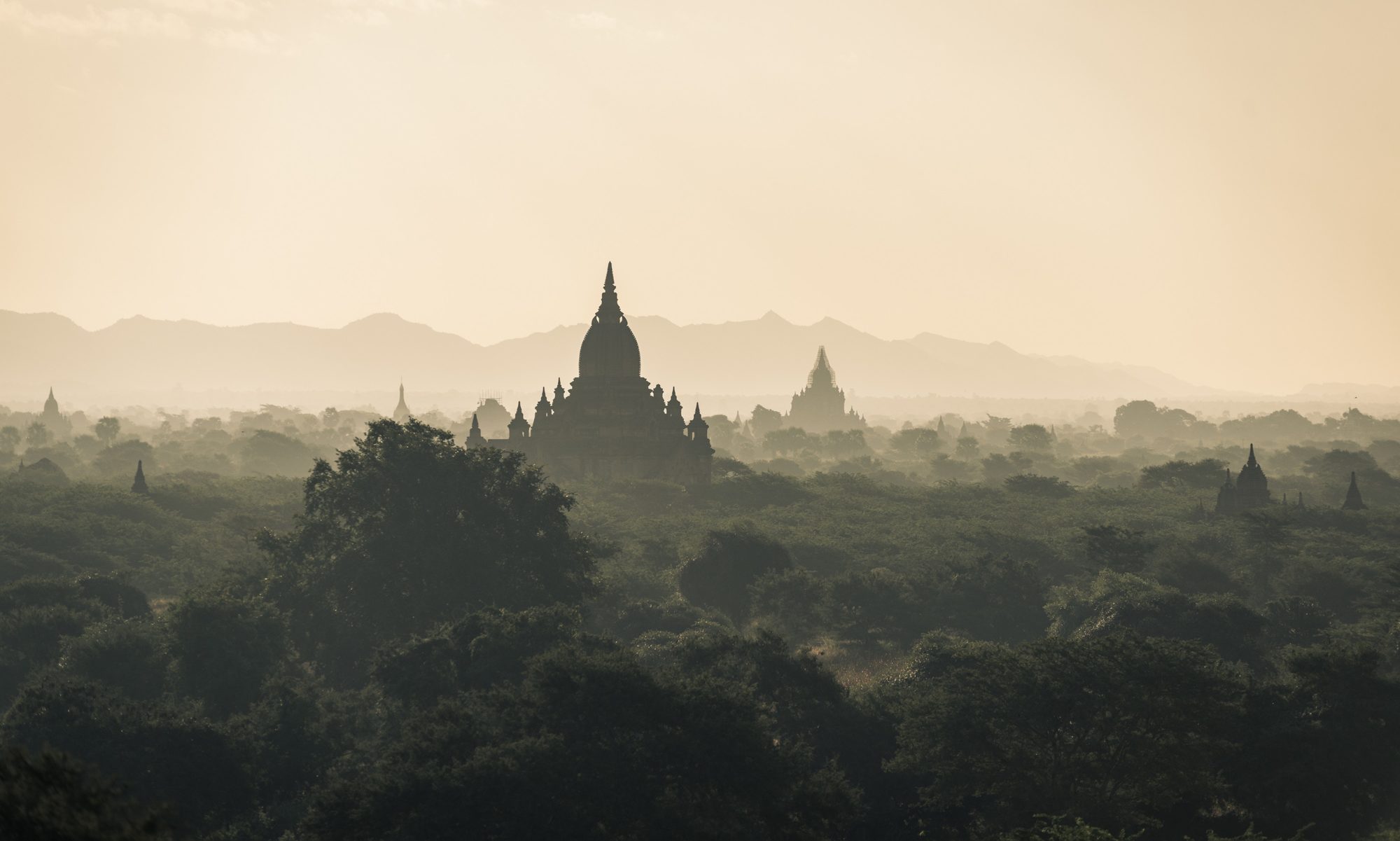Yangon features forty-fourth in the list of the world’s most expensive cities, with living expenses over double of those in Bangkok, Thailand. The cost of living in the erstwhile Rangoon is ironically comparable to cities London, Oslo and Tokyo though the quality of goods and services ranks nowhere close. For an expatriate, the prices of most imported products we use, seem exorbitant. It takes a while to get used to the prices quoted or printed, even more so since almost everything costs thousands of Kyat. It may seem a lot, but taking the exchange rate, it is not so much after all-the exchange rate is approximately 1 USD equals 970 Kyat. Carrying multiples of tens of thousands of kyat becomes a habit, for fear of running short of cash, in a country where only a handful of places accept credit cards.
The cost of living encompasses the entire range of expenses incurred to survive in a place. The biggest expense in Yangon, is accommodation. Real estate prices are sky high, and rents seem so unreasonable, and certainly not value for money. Space comes at a premium in the city, and the high rentals affect all, locals and expatriates. The reason primarily being the demand – supply imbalance. The locals seek small rooms with basic facilities, which cost a big percentage of their earnings, and increasingly, have to accept a lower quality accommodation than before. Foreigners look for modern homes as an ever increasing number are opting to live here. For all property owners, it has been a Godsend, an ideal opportunity to make up for times of deprivation, and the desire being to encash on investments while the going is good, that is, while demand still outstrips supply, and rentals can be demanded even on a whim far beyond the market trends. There is of course an end in sight, with new condominiums and office complexes under construction, and probably hundreds of apartments ready to flood the market in another couple of years.
Yangon is the commercial capital of Myanmar and the current 5.94% inflation rate in the country gives an indication of price levels. But as expatriates, we buy an entirely different range of products, opt for imported foodstuff, select familiar brands even though they may be double the rate of close substitutes, and hence find even monthly food bills much higher. Buying at supermarkets pushes costs up to 20% higher than local outlets-the price of buying in a clean, hygienic, air-conditioned environment.
For the locals, the cost of living is constantly going up, but they are content with local produce, that is comparatively reasonable. The use of dried fish for many of their meal options protects them from seasonal price fluctuations, and the convenience of small patches of land to grow vegetables, is another money saver. But ask the locals, and they admit to feeling the pinch. Not only is it due to the salaries remaining the same and the prices of products they use, going up, it is also because markets are now flooded with new products which they can only look at, and not even dream of buying.
Most expatriates continue to assess prices in dollar terms to be able to compare. Most prefer buying at supermarkets, with the numerous Citymart outlets remaining the favorite. Citymart carries local as well as imported foods and toiletries, and each branch is always crowded.
I came here from Bangkok and tend to compare prices with supermarkets there, and have found Yangon to be approximately 25% more expensive, for our daily needs. Where I spent 100 USD on one trip to the market, here I spend 125-150 easily. But rates vary. Eggs costing 1400 kyat for a tray of 10, are just 10% more expensive than Bangkok, while coconut milk at 950 kyat is nearly double. Kraft cheddar cheese and pasta packets are just 7% more. Milk and bread prices vary according to brands and flavors, but do cost more. Local fruits and vegetables are often at par with Thailand’s local produce.
The level of freshness and hygiene is reason for concern and pushes us to often needlessly pay more. Those of us who are more adventurous end up saving, and many feel that with limited availability and less options to spend on, we might as well spend on good things of life…like food!
